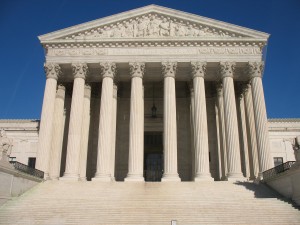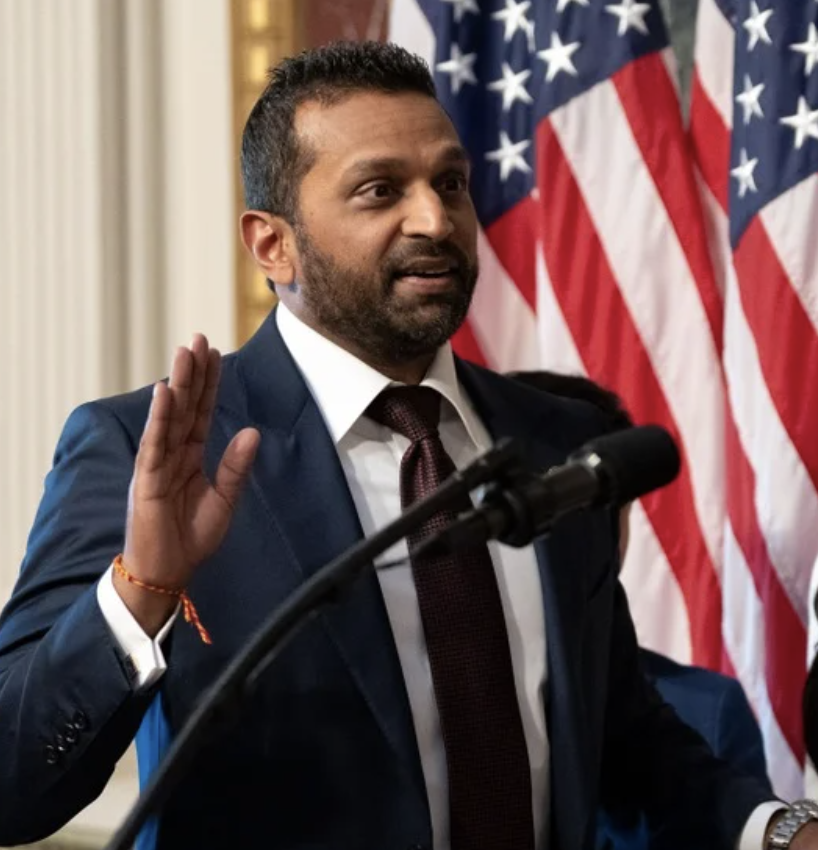By Ross Parker
ticklethewire.com
The only oral argument before the Supreme Court during the last month of 2015 on an issue involving criminal law or procedure is Musacchio v. United States. The case involves the conviction on three counts of a North Texas businessman for conspiracy and for making unauthorized access to a protected computer of a competitor (for which he was previously employed) through a back-door password. He was sentenced to 63 months in prison. The civil case for his conduct was settled for $10 million.
The case presents two issues:
- Whether the law-of-the-case doctrine requires the sufficiency of the evidence in a criminal case to be measured against the elements described in the jury instructions where those instructions, without objection, require the government to prove additional or more stringent elements than do the statute and indictment?
- Whether a statute-of-limitations defense not raised at or before trial is reviewable on appeal?
Sounds like pretty dry stuff, huh? The kind of legal fare appetizing only to criminal lawyers and probably few of them. It, however, should present a meal of delicious irony during oral argument.
Stripped of its legal minutia, the fact is that both parties lapsed at the trial level on different issues and are now seeking appellate forgiveness under an application of the “plain error” rule. But each will want no such forgiveness for their opponent on the other issue. The government offers in addition a multitude of other reasons why the defense legal analysis is erroneous and, in any event, not applicable.
As to the first issue the statute permits alternative theories of proof for conviction. The evidence can establish that the defendant agreed to make unauthorized access (or made such access) or that he conspired to exceed authorized access (or actually exceeded such authorized access). The proofs in this case relied upon the former alternative both as to the conspiracy count and the two substantive counts.
The statute was properly charged in the indictment. But the trial judge, apparently in disregard of the government’s correct requests, presented the erroneous charge to the jury that the evidence had to be proven conjunctively (and) rather than disjunctively (or) as to the two alternative elements in the conspiracy count. The government did not object to the instruction, which it asserts was inadvertent and “clerical.” Now the government argues, among other things, that this was plain error which could be excused on appeal.
The defendant, however, relies on cases holding that the error waived appellate consideration and correction of the issue and that the appellate review of the sufficiency of the evidence requires proof of both alternative theories. Hence, the “law of the case” applies. And the Circuit Courts are somewhat split.
On the second issue, the tables are turned. The defendant, in effect, argues for forgiveness for his counsel’s failure to raise at trial the statute of limitations defense. This was plain error which can, in the view of some Circuit Courts, be raised on appeal. This time the government counters that the issue is not jurisdictional, unreviewable on appeal, and that the defendant waived the issue. And, again, there is some difference in the Circuits on the reviewability of this issue.
Of course few things that find their way to the Court are ever simple. The plain error/waiver rule for the two issues involves different rationales and case law threads. The Court could excuse both parties’ lapses, neither of them, or one and not the other. A decision behind door # 3 might seem anomalous to common sense, but there are a host of related arguments and sub-issues that bear on the analysis of the contexts of both questions.
Prediction: The government should win this round of the litigation. The jury found that both of the alternative methods of proof were established by the evidence, and it is weird to require the Court to, in effect, create a crime requiring both methods to review the sufficiency of the evidence just because the government didn’t object to a single erroneous instruction. As to the statute of limitations issue, the defendant should lose this one, also, since there is no reason to believe that the statute was intended to make the question jurisdictional. To make the question reviewable on appeal would prevent the government from raising factual issues at trial that could convince the jury to reject the claim.
However, in round # 2, the defendant will undoubtedly file a post-conviction, habeas corpus claim that his trial attorney rendered ineffective assistance of counsel in failing to file a statute of limitations objection. He could win a reversal of the conspiracy conviction although, unless he gets a re-sentencing, his concurrent sentence on one of the remaining counts makes it unlikely he will be home to watch the Dallas Cowboys games anytime soon.






